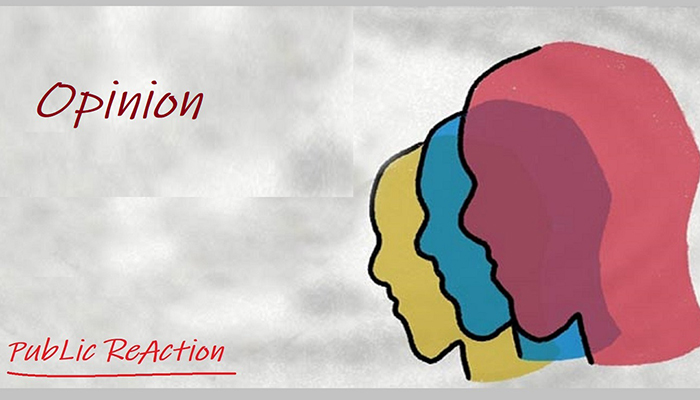


Food is a fundamental human right, and Article 18(1) of the Constitution of Bangladesh mandates the state to promote public health and nutrition. The current government is dedicated to ensuring food and nutrition security for all citizens, aiming to enable them to live healthy and functional lives. This commitment aligns with the United Nations Sustainable Development Goals (SDGs), specifically ending poverty (SDG-1) and hunger, and ensuring food security and improved nutrition (SDG-2) by 2030.
Understanding malnutrition is crucial in this context. Malnutrition refers to a condition resulting from a deficiency, excess intake, or imbalance in macro or micronutrients. For example, undernourishment and stunting are types of malnutrition, with stunting being an indicator of chronic undernutrition. Malnutrition encompasses various issues, such as hunger, moderate food insecurity, and severe food insecurity. Chronic undernutrition, often measured by the prevalence of undernutrition (POU), involves food deprivation and insufficient calorie intake. Moderate food insecurity involves uncertainty about food availability, risking reduced nutritional quality or quantity. Acute food insecurity refers to running out of food and experiencing hunger, sometimes going without food for days.
The government’s primary objective is to enhance public health and medical services, aiming to improve the nutrition and health of all citizens. Women, however, face significant discrimination in healthcare access throughout their lives, from childhood to old age. To address this, the Ministry of Health and Family Planning developed the Gender Equity Strategy in 2001 and updated it in 2014. The strategy, effective from 2014 to 2024, focuses on optimizing healthcare services for women, children, adolescents, disadvantaged groups, and those in remote areas. The strategy includes short-term, medium-term, and long-term plans, with the long-term plans currently being implemented.
Gender inequality significantly impacts health and well-being at all societal levels. Despite having a longer life expectancy, women generally have less leisure time than men, leading to poor health outcomes and subsequent physical and mental illnesses. Recognizing that gender equality and the empowerment of women and girls are critical to the health and well-being of individuals, families, and communities, the government’s goal is to create a healthy nation. This vision involves every citizen contributing to the national economy and alleviating poverty, necessitating a robust and effective health sector.
The government has implemented various measures to expand health and nutrition services, including formulating updated health policies, improving public health infrastructure, managing health services, ensuring the quality of medicines, and expanding child and maternal health services. Initiatives such as the Maternal Health Voucher Scheme, prenatal and post-natal care, midwifery services, and nutrition programs (including iron supplements for pregnant women and vitamin A capsules for children) are aimed at improving maternal and child health. Additionally, efforts to raise awareness about breastfeeding and provide supplementary food to pregnant women and children are ongoing.
Bangladesh has made significant progress in health, nutrition, water, sanitation, hygiene, education, and child protection, serving as a global role model. Guided by the SDG principle of leaving no one behind, the government has identified marginalized groups and is working to eliminate nutritional inequality. These efforts have led to a reduction in average family size to 4.3, a fertility rate of 2.3, nearly universal breastfeeding, and almost 100% primary school attendance. The birth registration rate for children under five has increased, and moderate and severe stunting among children has significantly decreased. The distribution of vitamin A capsules has notably reduced night blindness, and access to improved drinking water sources has increased for almost all households, with little disparity between rural and urban areas.
The government continues to focus on improving maternal and child healthcare, recognizing the challenges women face due to insufficient female healthcare providers. Efforts are being made to make medical centers more women-friendly by increasing the number of female doctors and service providers. While this is an ongoing process, significant improvements have been made in making healthcare facilities more accommodating for women and children.
In the era of globalization, the government’s agenda includes creating a healthy and robust population, eradicating poverty, and integrating individuals into the mainstream economic activities to build a progressive society. By addressing nutritional inequality and fostering a healthy nation, collective efforts are necessary to achieve the SDGs by 2030, elevate to an upper-middle-income country by 2031, and reach developed country status by 2041.
(PID Feature)